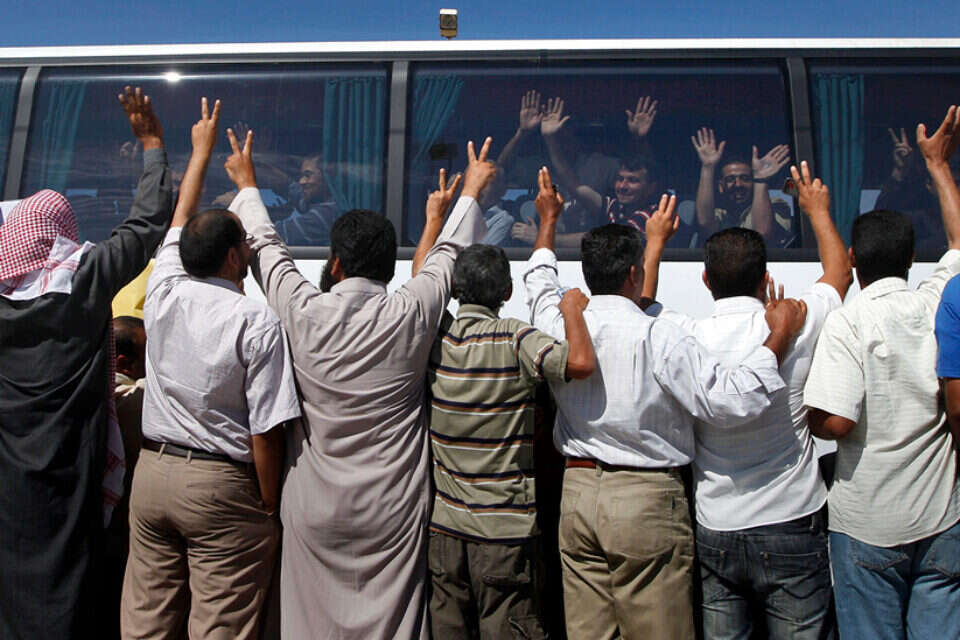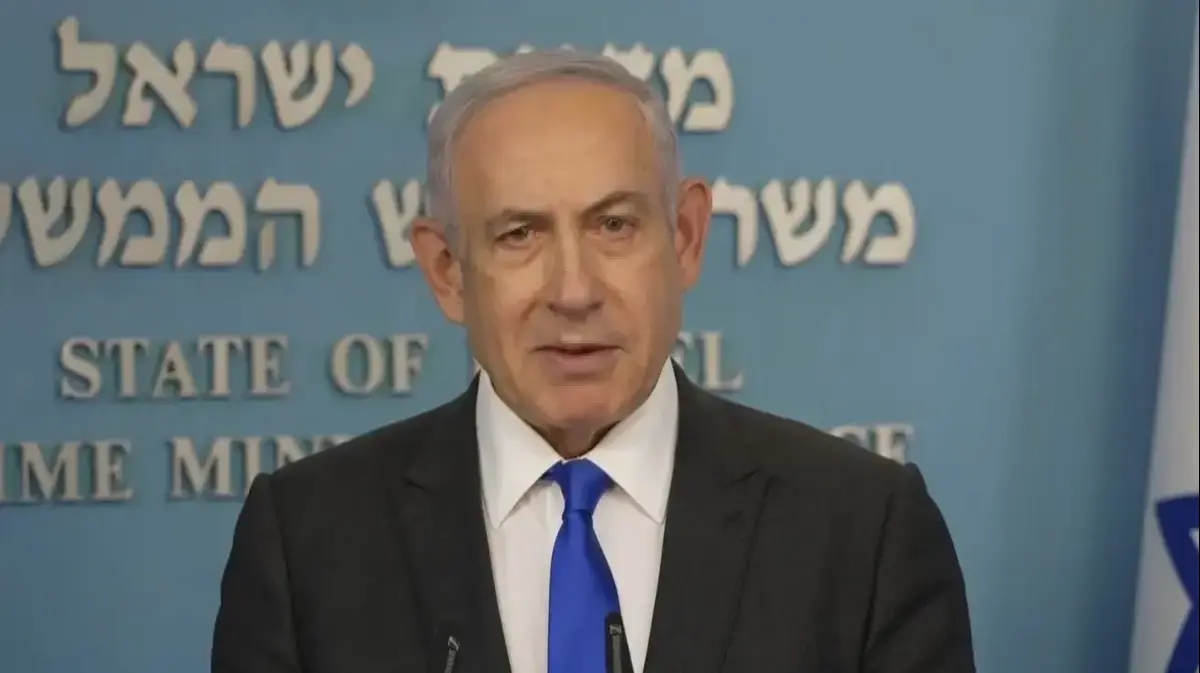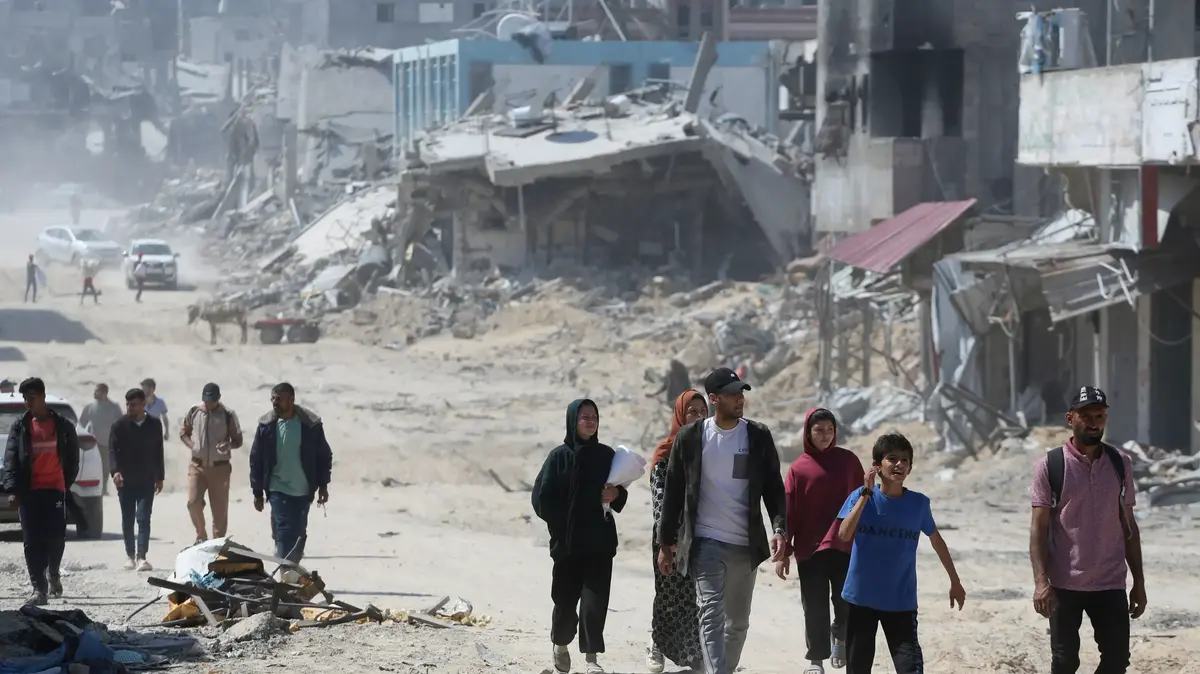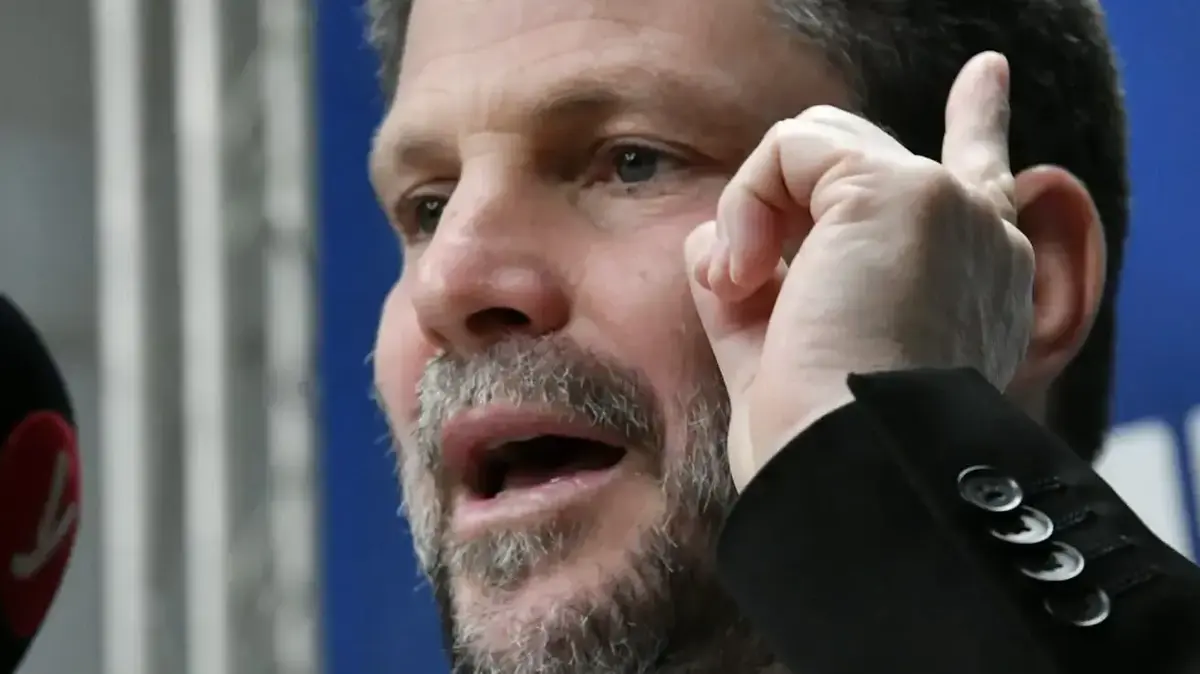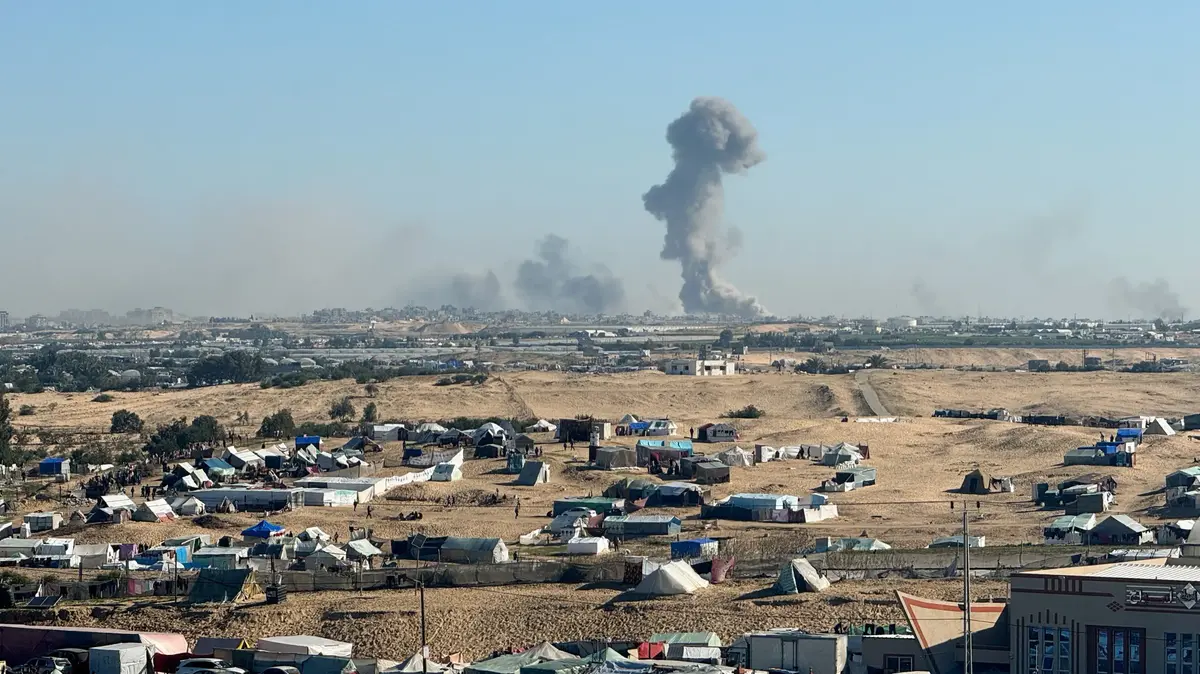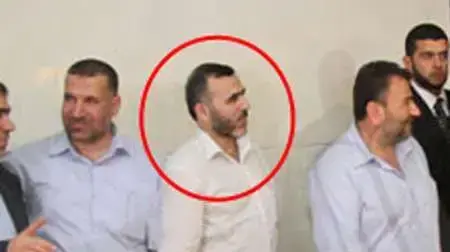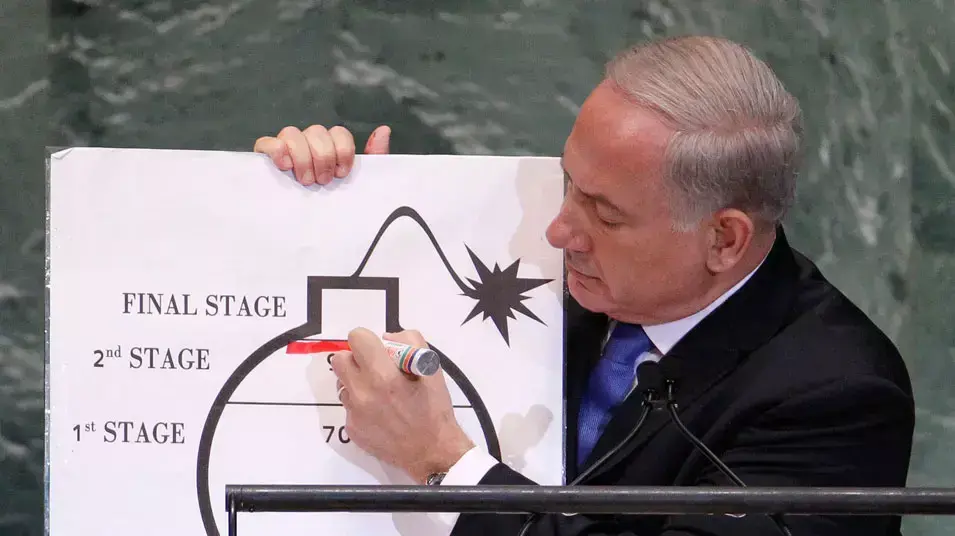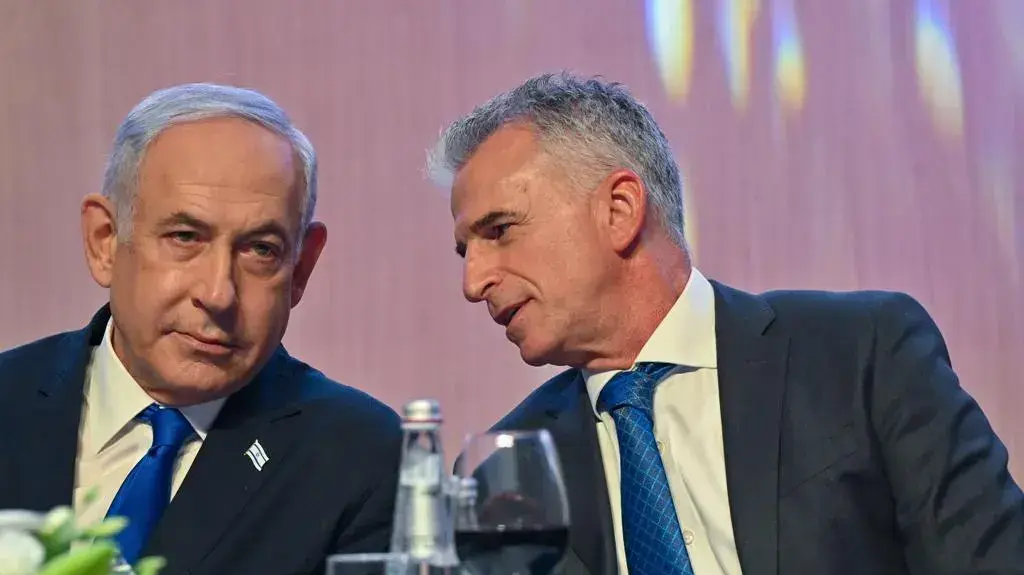Over the past year, Israel has come closer than ever to concluding a deal with Hamas for the release of the two civilians, Abra Mengistu and Hisham a-Sayed, and the bodies of the two soldiers, Lt. Hadar Goldin and Staff Sergeant Oron Shaul. But even though the gaps between the parties have narrowed, they are still defined as "significant," one of the government ministers told Israel This Week.
Another political source involved in the issue reveals a series of details and insights into the state of negotiations regarding the two civilians and the bodies of the soldiers: The gaps have indeed narrowed. Israel, according to the same source, has gone a long way with Hamas in the past year The terrorists from the Shalit deal who were re-arrested and imprisoned after the abduction and murder of the three boys from Gush Etzion, with the exception of those who after the deal were actively involved in terrorism.
Israel has also agreed to release hundreds of terrorists and security prisoners, including those who have tried to carry out terrorist attacks and failed, but to this day it rejects Hamas' demand to release from prison killers who carried out terrorist attacks. Israel, the source emphasizes, compromised with Hamas on quantity, but not on "quality," and also decided that in light of past lessons, released terrorists would not be deported abroad this time, but would be relocated to their homes and last residences in Judea and Samaria. In the past. "In the Shalit deal, terrorists from Judea and Samaria were deported to Turkey and Gaza, most of whom returned to activity and initiated terrorism and terrorist attacks. We have implemented this lesson, and will correct it accordingly. "
It also turns out that Israel is negotiating with Hamas with the aim of reaching a deal on all fours, despite recent criticism of this tactic, and even though in the case of the two mentally ill citizens who crossed the border on their own initiative - it is one type of incident, while the soldiers' bodies Goldin and Shaul, the circumstances are completely different: from the point of view of many in the government, these are not prisoners of war and all four are included as a "humanitarian issue."
"We are in a completely different movie," the source clarifies.
"There will be no more Shalit deal. Hamas and Sinwar still do not understand that something fundamental and deep has changed in Israeli society. The Shalit deal was a trauma for the general public; the government and the public are no longer willing to release murderers with blood on their hands. "
Encourage the next killer.
Igra,
A mine called Barghouti
We held the conversation with the political source this week against the background of the proliferation of news regarding possible progress in negotiations with Hamas. Aruri and Khaled Mashaal, and the leader of the terrorist organization in the Gaza Strip, Yahya Sinwar. Details of the negotiations are updated constantly Bennett prime minister, defense minister Ganz, Foreign Minister Lapid Ministerial Committee on POWs and MIAs. Topic also rose last meeting of Bennett and Egyptian President A-sisi.
Hamas appreciates the cause, do not be satisfied as a result of benefits in the humanitarian field. The Sinwar is simply uninteresting, the civilian motif may be part of a comprehensive deal to rehabilitate Gaza, but humanitarian gestures alone will not lead to the release of civilians and soldiers' bodies.
Despite these seemingly unequivocal statements, Hamas, it turns out, is not coming down from the tree. He is currently demanding that Israel release as part of a deal the six fugitives from Gilboa Prison who were captured - four of them prisoners - as well as "heavy" terrorists who committed serious acts of terrorism before and after the Oslo Accords, which Israel refused to release as part of the Shalit deal. Specifically, these include the following: Ahmad Saadat, who headed the Popular Front terrorist organization in Judea and Samaria and planned the assassination of Minister Rehavam Zeevi. Saadat is serving a 30-year prison sentence handed down to him in 2008; He and his assistant participated in the planning and execution of the bus attack at the Meron junction, as well as in the attack on Matzah restaurant in Haifa - two attacks in which dozens of Israelis were killed. Abu al-Hija was also involved in the deadly attack. At the Sbarro restaurant in Jerusalem, in a suicide bombing in Nahariya and the launching of a car bomb into Hadera; Muhammad Imran,A senior member of Hamas' military wing, who was involved in launching suicide bombers in Israel; Bilal Othman from the Ramallah area, who was sentenced to life in prison for terrorist attacks on Israelis; Abbas a-Sayed, who was sentenced to 35 life terms for murdering Israelis and planned the Seder massacre at the Park Hotel in Netanya.
Hamas also included Fatah senior Marwan Barghouti, one of the leaders of terrorism in the second intifada, who was sentenced to five life terms after being convicted of murdering two Israeli civilians. Hamas, as mentioned, also wants to include heavy killers from the period before the Oslo Accords, including: Ibrahim Hassan Mahmoud, Ahmad A'abaria and Muhammad Hassan Mahmoud, Israeli Arabs living in Moshirifa and Umm al-Fahm who killed soldiers in a terrorist attack. The pitchforks in 1992, and Kerim and Maher Yunis who murdered the soldier Avraham Bromberg in 1980. Kerim is now considered the oldest terrorist prisoner in the Israeli prison. Last year, the PA held a training camp for high school students, which bore his name.
Israel, it must be noted, outright rejects these demands. Maj. Gen. (Res.) Amos Gilad, former head of the Defense Ministry's Political and Security Division and now head of the Reichman University's Policy and Strategy Institute, notes that despite reports of progress in talks, Hamas' minimum demands and Israel's maximum readiness do not meet. He said that in the meantime these were "empty words". "I've been in this story before," he says. "'Progress' is nothing. As long as there is no summary - there is no meaning to progress, and things can turn around a hundred more times."
"Hamas," explains Gilad, "is an extremist religious organization with a built-in hatred of Israel, which only recently planned to set Jerusalem on fire in a series of horrific terrorist attacks. There is no other expression of what almost happened. The chances of him agreeing to a deal that is much less than the Shalit deal are not high. "
Gilad notes, however, that" all the prime ministers, from all the political camps, have adopted the approach that the people of Gaza must be provided with basic humanitarian needs. You can't let people crash. People live in poverty and unemployment with a level of services close to zero, sometimes on hunger or on the verge of starvation. It is in our interest, regardless of anything, that they receive assistance from us, as opposed to comprehensive rehabilitation, which must be included and conditional on a future transaction, if and when there is one. "
And if and when it will be like this - where is it right to release terrorists?
Abroad or in the territories of Judea and Samaria?
Where will the damage be minimal?
"There is no bar where you can quantify damage. Each is released individually. In the Shalit deal, there were terrorists who were released to Judea and Samaria and returned to terrorist activity and also those who did not return to terrorist activity, and there were terrorists who were deported to Turkey and other places.
An assessment must be made regarding each and every terrorist. "
Attached to the list.
Marwan Barghouti // Photo: Reuters,
"That Hamas will pursue us"
Rami Igra previously served as head of the POWs and Missing Persons Division at the institution. Along with others, Igra led the deal in which the bodies of two Givati soldiers, Yosef Fink and Rahamim Alsheikh, were returned to Israel. The two were killed in an ambush by Hezbollah during an IDF patrol near the town of Binat Jbeil in southern Lebanon, in February 1986.
A decade later, in July 1996, the bodies of the two soldiers were returned as part of a German-mediated deal in which Israel transferred 40 Lebanese detainees from al-Khiam prison and bodies. of which 123 terrorists held.
Igra said today the mere transaction price of releasing hundreds of terrorists - even if the prospects are not brilliant at the moment - is bad for Israel: "the negotiations we had at the time facing no less difficult client, Hezbollah, we obtained results completely different scale Hamas can be reduced to the same or similar numbers. It should simply be announced, and I know it is not easy, that with all the pain, we will not negotiate under such dictates.
"Families will shout, and they are right, but when Hamas realizes that we have no eagerness and hysteria to bring civilians and bodies to Israel - and it can take a long time - it is he who will chase us, not us, and then the price will go down. Do you know how many American bodies left in Afghanistan and Iraq? When they see what prices we here are willing to pay for our dead soldiers - they fall off the chair. We need to change the equation and inform Hamas: We are not negotiating with you. Keep talking to yourself. We need to stop the activities of the coordinator of prisoners and missing persons, and invest a lot of intelligence, in order to get a more complete picture of the bodies and civilians. "
Igra's position is not surprising given that he was one of the staunchest opponents of the Shalit deal, a "bad deal," he said, "both tactically and strategically; a deal that encouraged the bad over the good; a deal in which a criminal and terrorist organization subordinates the State of Israel; a deal in which "We provided Hamas with its future leadership, which is much worse than its predecessor, when the price is terrible: both in the attacks carried out by the released terrorists, in the abduction and murder of the children and Operation Eitan, which developed from this incident, and our soldiers who fell in the operation.
Adopt Shamgar's decisions
Igra also believes that if and when there is a deal, it is more appropriate to release terrorists to the territories of Judea and Samaria and not to deport them abroad, as was done with some of them in the Shalit deal. "Experience shows that the closer you get to the eye, the better. However, the release of killers into Judea and Samaria has a negative impact. When you release murderers to Judea and Samaria, you encourage the next killer, as we saw in the Shalit deal. Therefore, no more transactions of this kind should be made. At most: corpses for corpses, and two or three terrorists for the poor who crossed the border on their own initiative. And not necessarily what is right for families, with all the understanding for their pain. "
Moti Krystal, a former member of the Ministry of Defense and the Prime Minister's Office, an expert in negotiation and crisis management, was also involved in negotiations for the release of soldiers. January 2004. Later when soldiers Ehud Goldwasser and Eldad Regev were abducted in July 2006. The bodies of the two were returned to Israel as part of a deal with Hezbollah two years later. And finally in negotiations for the release of Gilad Shalit about a decade ago.
Crystal estimates the chances of a deal now as low. "At the moment, there does not seem to be any room for agreement between Israel and Hamas. The gaps are still large; there is no public demand in Israel that is even close to what was here in the days of Gilad Shalit, Goldwasser and Regev, and rightly so. It is also in Israel's interest, and the other side does not feel that it has to pay a price for goods that the other side also wants
. The basic rule there was that transactions need to be balanced. ”Ultimately, he says,“ a transaction is a combination of three things: policy, property values and process efficiency. When I appeared before the Shamgar Committee, I addressed only the last issue, because I am first and foremost a professional and do not make policy.
"As a professional I can say that the dominant paradigm in these events is power games, and that the Jewish sensitivity to human life is perceived by the other side as a weakness. It is not a game of values, where you get points. It is a power game. That there will be no more such mass deal; that hundreds of terrorists will not be returned in exchange for soldiers' bodies, in an event that is strategic and tactical damage to Israel; Soldiers - so we too are not humanitarian, and for example stop receiving treatment from patients from Gaza. They will tell me: 'You do not want to be like them', then they will say. We live in an environment where we have no choice but to adapt to reality. "Do humanitarian action unilaterally, and the other side will avoid it."
The fact that at the top of the pyramid on the opposite side is Yahya Sanwar, the leader of Hamas in Gaza, does not improve the chances of a deal.
Sinwar, himself a "liberated ruler," was imprisoned in the Israeli prison before being released on a deal for the murder of several collaborators.
The GSS, this week the Arab commentator Avi Issacharoff mentioned, imprisoned Sinwar in the dungeon at the time, so that he would not interfere in the negotiations on the Shalit deal.
Sinwar opposed the deal, as in his view, those who planned and carried out the most severe attacks, those whom Israel insisted on not even talking about in the Shalit deal, should have been released first and foremost.
Commitment to friends from prison.
Yahya Sinwar (second from the right) with Ismail Haniyeh // Photo: AFP,
Sinwar feels committed to this day to those heavy prisoners, and it is unlikely that precisely from the position of power in which he is now, the Hamas leader in the Gaza Strip will compromise with himself and "betray" his comrades who remain in prison.
A few months ago, Sinwar numbered 1,111 prisoners in exchange for the bodies of soldiers and two civilians.
Israel says that if they are "car thieves", Israel will be willing to pay 2,000 prisoners as well, but Hamas must forget about murderers and perpetrators of terrorist attacks.
According to the outline that Hamas, according to him, passed to Egypt, dozens of those released from the Shalit deal, who Israel returned to prison after returning to terrorism, as well as sick prisoners and women, will first be released.
In the next stage, Israel will receive information about the exact fate of the two civilians and the soldiers 'bodies, and only then will terrorists who carried out attacks, including those with blood on their hands, be released in exchange for civilians and the soldiers' bodies.
This outline, we have already noted, is not really acceptable to Israel.

